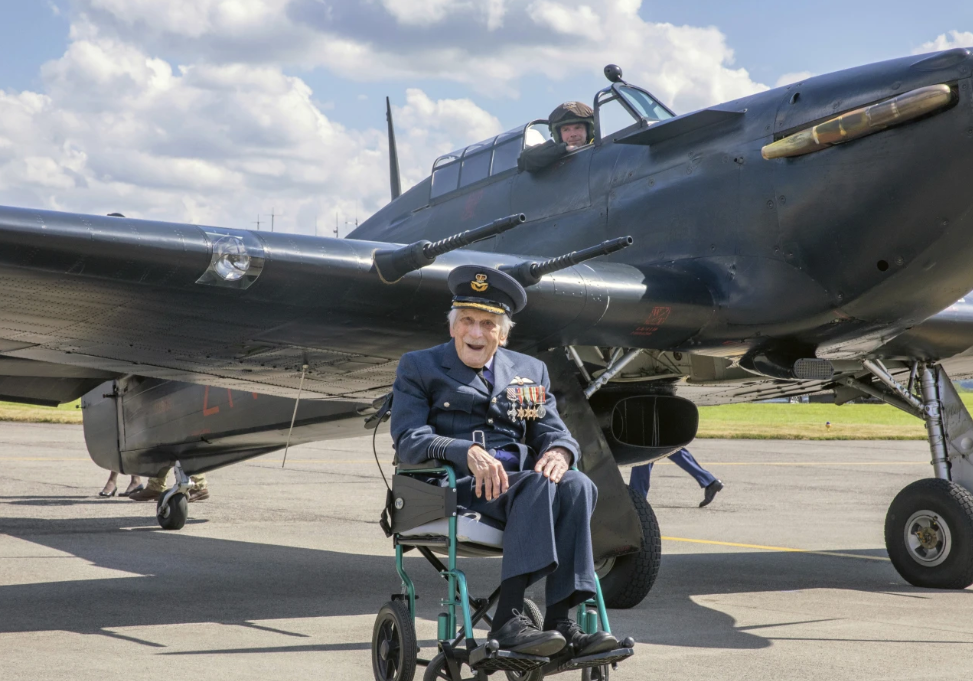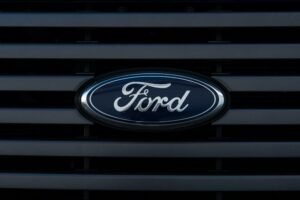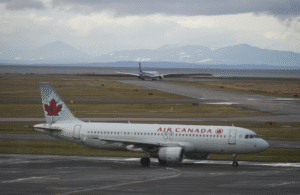John “Paddy” Hemingway, the last surviving pilot of the Battle of Britain, has passed away at the age of 105, marking the end of the last living connection to the young men who defended Britain against the Nazi air force during the early days of World War II. Hemingway, an Irishman who joined the Royal Air Force before the war began, died on Monday at his home in Dublin, according to the RAF.
At just 20 years old, Hemingway was part of the Royal Air Force as it fought off intense German air attacks during the summer and autumn of 1940. The German bombers targeted airfields in southern England, and the fate of Britain seemed uncertain as the battle raged on.
During this crucial time in August 1940, with the outcome still in question, Prime Minister Winston Churchill gave a famous speech in the House of Commons, honoring the bravery of the young pilots defending the country.
Winston Churchill expressed immense gratitude to the British airmen during a speech in August 1940, acknowledging their courage and sacrifice. He stated that the gratitude of every household, not just in Britain but across the empire and the world (except for the guilty), was owed to these brave airmen. Churchill emphasized their relentless determination and skill, as they faced constant danger to protect their country. He famously declared, “Never in the field of human conflict was so much owed by so many to so few.” This statement captured the pivotal role the pilots played in turning the tide of World War II.
Since then, Britain has honored “the few” for their crucial role in protecting the nation during its time of greatest threat. The Battle of Britain Memorial, located on the English Channel coast, commemorates 2,941 Allied airmen who participated in the battle.
During intense aerial combat with German aircraft in August 1940, Hemingway was forced to eject from his Hurricane fighter twice. On one occasion, he landed in the sea off England’s east coast but managed to return to his squadron and continue fighting. For his bravery, he was awarded the Distinguished Flying Cross in 1941.
Hemingway downplayed any notions of heroism or bravery, stating that as a pilot, it was simply his job to do what was required.
“The world was at war, and you couldn’t just say, ‘I’m at peace and I don’t fight wars,’” he explained in a 2020 BBC interview.
He described luck as the most important factor in surviving the conflict, regardless of skill. “My boss, Dickie Lee, was the best pilot I’ve ever seen, but he was shot down and killed. He had no luck. I, on the other hand, had plenty of luck.”
Born on July 17, 1919, in Dublin’s Rathmines area, Hemingway joined the RAF in 1938. He saw his first combat during the Nazi invasion of France, providing fighter cover for retreating British troops.
After the Battle of Britain, he transitioned to a controller role, directing RAF responses to German attacks. He later commanded No. 43 Squadron, flying Spitfires over northern Italy during the war’s final stages.
Hemingway continued his service in the RAF after the war and retired in 1969, having dedicated more than 30 years to the military.













